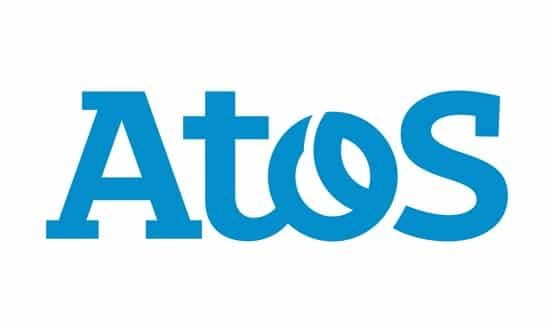CfH due for restructuring in DH shuffle
- 23 January 2006
NHS Connecting for Health (CfH) has signalled that it will undergo restructuring later this year as part of a wider reorganisation in the Department of Health.
An announcement from CfH, which is currently designated as an agency of the Department of Health, says that the precise nature of the organisation and of the associated governance arrangements is being finalised.
A reshuffle at the Department of Health also sees CfH’s chief executive, Richard Granger, join the Departmental Board from 1 February.
The arrangements are being portrayed as ‘transitional’. In his announcement of the changes, portentously-titled ‘Creating Tomorrow Whilst Managing Today’, NHS chief executive, Sir Nigel Crisp, said that 2006 is an important transitional year for the NHS as reforms to the system continue.
There is a job change in store, too, for the agency’s senior responsible owner (SRO) and chair of the National Programme for IT’s governance board, John Bacon. He will stay in his CfH roles, however, until the new arrangements are in place.
As part of the general reshuffle, Bacon is being moved from his current post as DH group director for delivery to take up a transitional leadership role for the NHS in London.
On the face of it, this seems to be a sideways move, but Sir Nigel went out of his way to praise Bacon’s achievements.
He said: “John has played a central role in achieving many of the key milestones of reform in the NHS – reducing A&E waiting times to four hours, ensuring all patients wait no longer than six months for surgery, and leading the implementation of patient choice. I am delighted that John has now agreed to take on this new challenge of leading the NHS in London through this next period of transition.”
Bacon has chaired the NPfIT board since March 2004. The national SRO post has been through several changes of ownership, as have some of the regional SRO positions.
Sir John Pattison, the senior official responsible for the start of the national programme, filled the role until he retired in 2004.
It was then held jointly by CfH chief executive, Richard Granger, and the deputy chief medical officer, Professor Aidan Halligan. Professor Halligan departed after six months leaving Granger briefly as sole SRO before the role passed to Bacon. Granger said in March last year that he felt more comfortable with that arrangement.
The Office of Government Commerce recommends that one clear SRO should oversee any complex project to maintain continuity and focus.
In general, though, the message from CfH seems to be that it’s ‘business as usual’. The agency said: “CfH and its people remain focussed on building on the foundations that have already been laid to bring about an IT-enabled NHS. These foundations have seen deployments of new IT systems and networks to thousands of locations and which are already benefiting millions of patients.”
The departmental changes also see the end of Margaret Edwards’ job as director of access – a role in which she has had some rather public disagreements with the CfH chief executive. Her job along with those of John Bacon and director of performance, Duncan Selbie, will be axed and replaced by two new posts: director of commissioning and director of provider development. Meanwhile, Edwards joins the Departmental Board.
Link




